Electrical Safety
Play it safe
Electricity is all around you. It is very powerful. Every year, electrical hazards cause injury and death – most of which could be prevented.
The tips in this section will help you stay safe during work and play.
Power outages
We spend many hours each month maintaining our electrical system that allows us to keep the power flowing more than 99.99 percent of the time. But there are some things — like the weather — that are simply out of our control and can cause an outage.
Report an outage
800.216.5226
Call to report an outage or emergency involving power 24 hours a day, 7 days a week.
TO REPORT A STREET LIGHT OUTAGE
E-mail customerservice@gcpud.org or call us at 509.766.2505.
For an emergency regarding street light call us anytime at (800) 216-5226.
Do not call 911 to report an outage
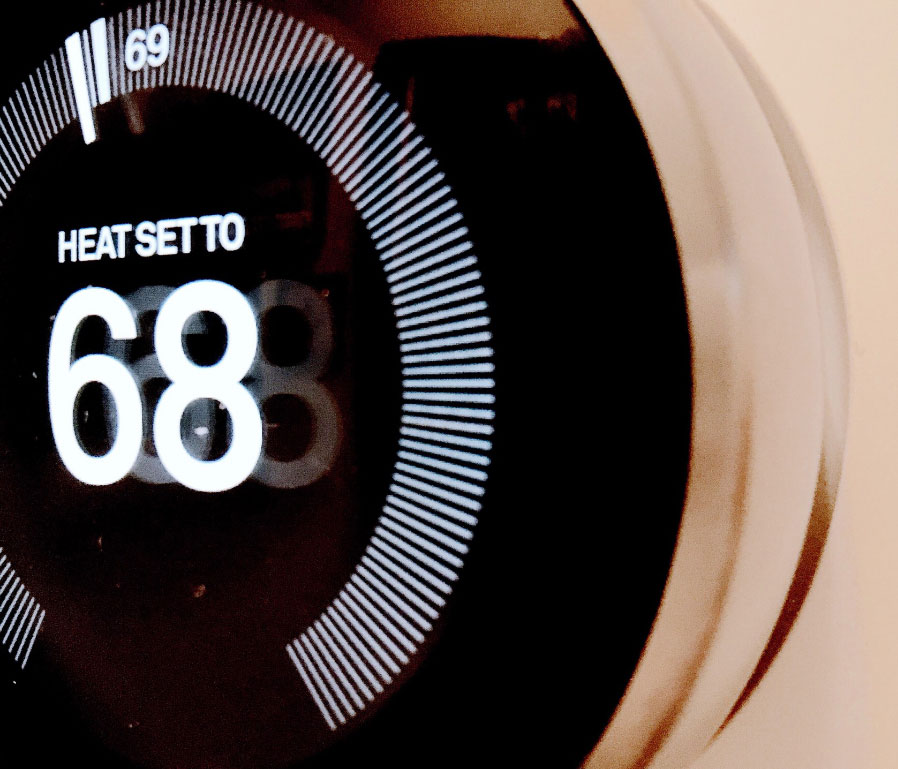
What to do during an outage
Follow us on Facebook and then check our feed to see if we’re already working on the outage.
-
 Turn off and unplug all sensitive electrical equipment.
Turn off and unplug all sensitive electrical equipment. -
 Turn down your thermostat.
Turn down your thermostat. -
 Keep refrigerator and freezer doors closed.
Keep refrigerator and freezer doors closed. -
 Try to be patient – our crews work as fast as they can to safely restore your service.
Try to be patient – our crews work as fast as they can to safely restore your service.
For more helpful tips on how to prepare for a power outage emergency…
VISIT OUR FRIENDS AT THE AMERICAN RED CROSSGenerator use
If not properly installed or operated, using a generator can be deadly.
-
 Never operate the generator in enclosed or partially enclosed spaces. Generators can produce high levels of carbon monoxide very quickly, which can be deadly. Use carbon monoxide detectors in nearby enclosed spaces to monitor air quality while generators are running.
Never operate the generator in enclosed or partially enclosed spaces. Generators can produce high levels of carbon monoxide very quickly, which can be deadly. Use carbon monoxide detectors in nearby enclosed spaces to monitor air quality while generators are running. -
 Do not connect generators directly to household wiring without an appropriate transfer switch installed. Power from generators connected directly to household wiring can backfeed along power lines and electrocute anyone coming in contact with them, including linemen making repairs.
Do not connect generators directly to household wiring without an appropriate transfer switch installed. Power from generators connected directly to household wiring can backfeed along power lines and electrocute anyone coming in contact with them, including linemen making repairs. -
 Do not overload the generator. A portable generator should be used only when necessary, and only to power essential equipment or appliances.
Do not overload the generator. A portable generator should be used only when necessary, and only to power essential equipment or appliances.

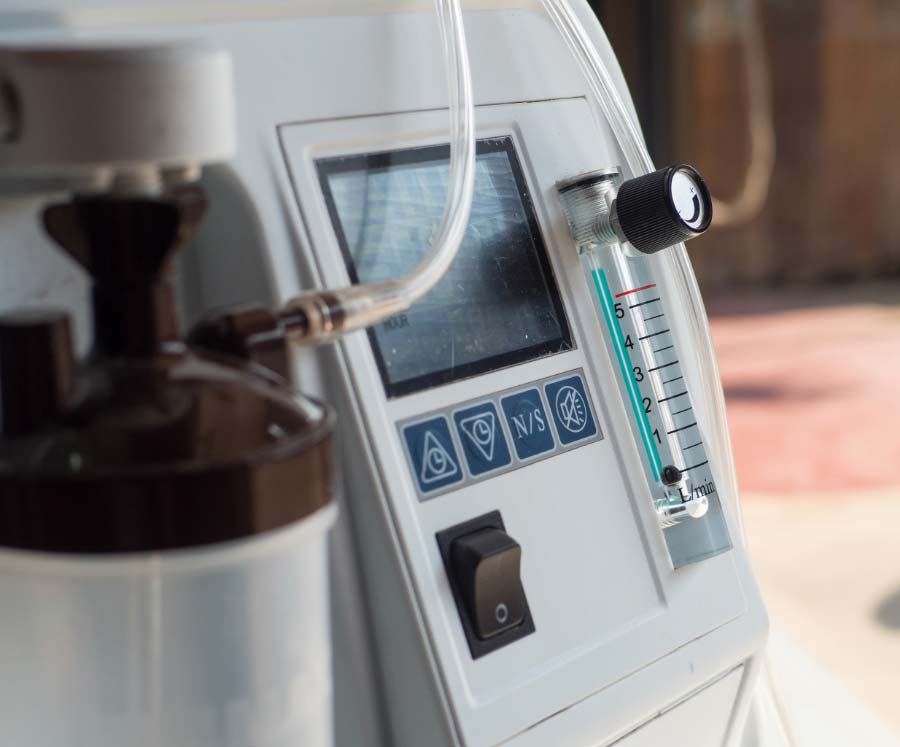
Customers with critical needs
We can’t guarantee a constant source of power, since storms, wildfires and other unexpected damage to power equipment can happen at any time. If anyone in your household depends on a respirator or other electric-powered equipment needed to sustain life, please contact us. We want to hear from you.
CONTACT US
509.766.2505Scheduled outages
In the event of a scheduled outage, we will attempt to contact customers with known life-support equipment ahead of time so they know the date, time and length of the planned outage.
Be prepared
Customers with medical needs should make preparations in advance for power outages due to storms or other causes. Participation in the program does not mean that power will not be disconnected for nonpayment or interrupted due to an unplanned outage.
Emergency preparedness
All households should assemble an emergency kit to improve comfort and safety during prolonged power outages or other emergencies.
Contact the Grant County Department of Emergency Management at (509) 762-1462 and visit ready.gov for specifics on creating an emergency kit and forming a family emergency plan.
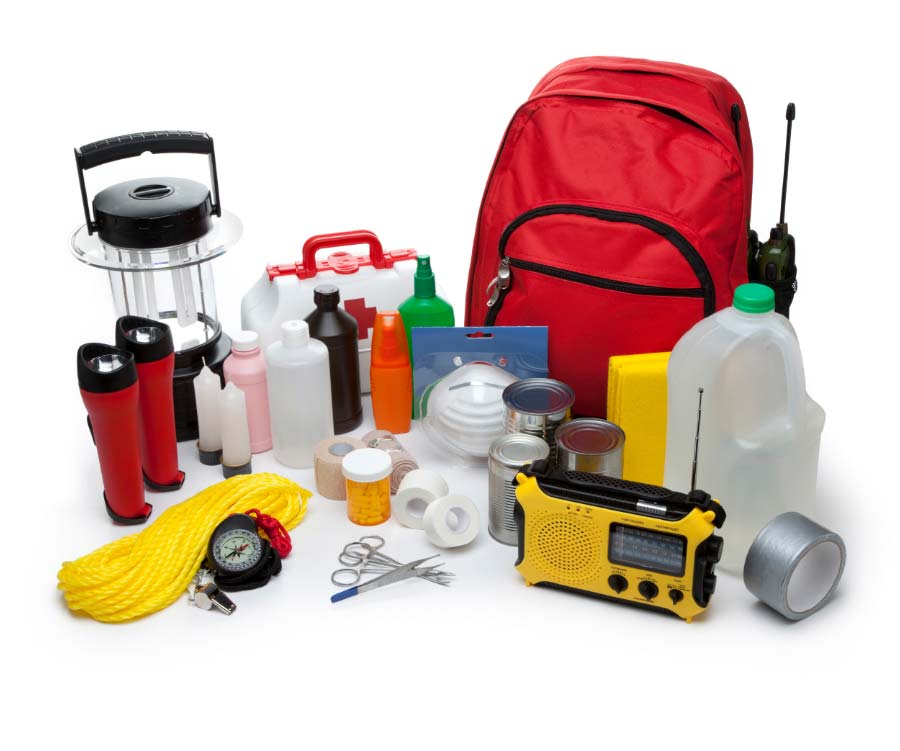
Your kit should include the following:
- Water, one gallon of water per person per day for at least three days, for drinking and sanitation
- At least a three-day supply of non-perishable food
- Battery-powered or hand crank radio and a NOAA Weather Radio with tone alert and extra batteries for both
- Flashlight and extra batteries
- First-aid kit
- Whistle to signal for help
- Dust mask to help filter contaminated air.
- At least a three-day supply of non-perishable food
- Plastic sheeting and duct tape to shelter in place.
- Moist towelettes, garbage bags and plastic ties for personal sanitation
- Wrench or pliers to turn off utilities, such as water or natural gas.
- Manual can opener for food
- Local maps
- Cell phone with chargers, inverter or solar charger
- Prescription medications or other important supplies specific to your family
Call 811 before you dig
Whether you are planning to do it yourself or hire a professional, smart digging means calling 811 before each job.
Learn More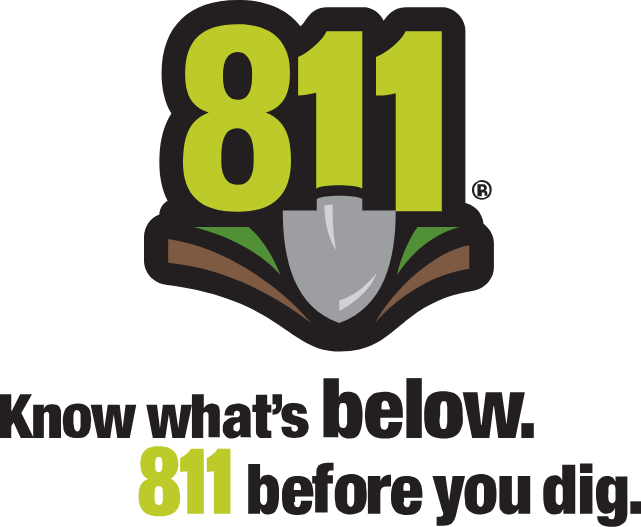
Call at least two business days before you plan to dig and be prepared to:
- Pinpoint the location of your dig site
- Describe the type of work to be done
- Know start date and time
Save your life
Power lines and gas lines can be dangerous and deadly. Let 811 help you locate underground utilities before you dig so you can stay safe and sound.
Save your property
Rupturing a gas pipe or power line can cause a serious fire or explosion.
Save money
Calling in a locate request is FREE. With one quick telephone call, all the utilities in your area will be notified to come and mark the location of their lines.
It’s the law
According to RCW 19.122, anyone digging deeper than 12 inches must call for locates two business days before they dig. This holds true for private property, city, county, state or federal lands and railroad right-of-way.
Outdoor safety
Stay safe by being aware of electricity around you. This includes overhead power lines, poles, the big green metal boxes we call transformers, substations and even unseen underground lines.
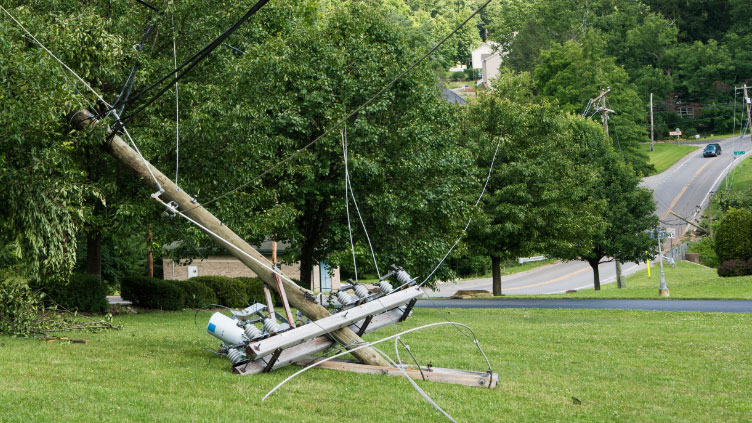
Downed power lines
- If you encounter a downed power line, please stay at least 35 feet away — that's about the length of a regular sized school bus. Report it immediately by calling 911. Never touch anyone or anything that is being shocked or touching the line.
- If a downed line is touching a vehicle you are in, warn others to stay away and wait for help. Do not touch the metal parts of the vehicle. If you must get out, jump clear with your feet together – never touch the ground and the vehicle at the same time.
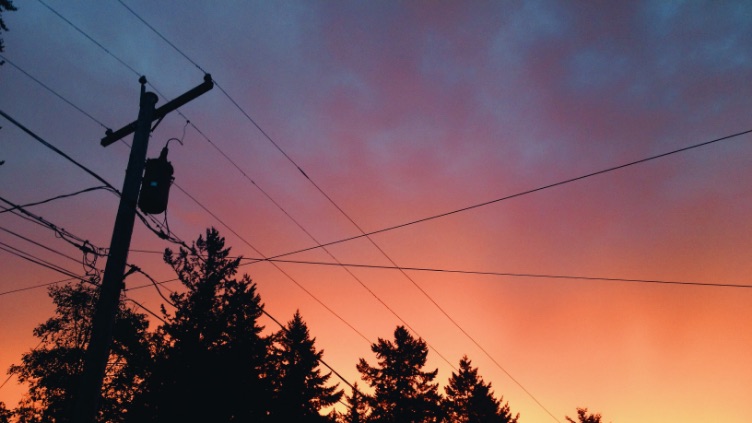
Overhead lines
- Never touch power lines and do not allow anyone to shoot at poles or lines. Damaged equipment could allow the pole to become energized and cause injury.
- Check for overhead lines when working outside with ladders, antennas, irrigation pipe and long-handled items. Never work within 10 feet of a power line.
- Do not climb trees near power lines and never climb a utility pole or tower for any reason.
- Do not attach signs and other items to utility poles. This is dangerous for our crews who work on the poles and it’s against the law.

Kites
- Use only 100 percent cotton string – never wire or tinsel in your kite or string.
- Fly kites in open areas free of power lines. When kites touch power lines, electricity may travel down the string right to you.
- If your kite gets caught in a power line, drop the string and leave it there. Call us for help.
- Also, do not release helium balloons under power lines as they can cause equipment to malfunction.
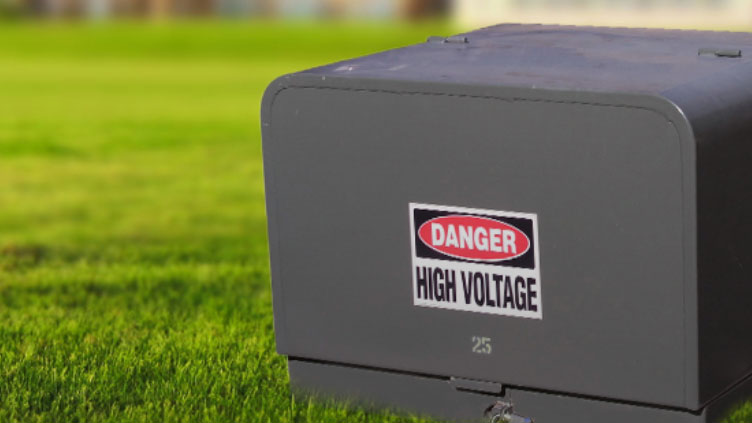
Underground utilities
- Those big green metal boxes are actually electrical equipment that distributes underground power to homes and businesses.
- Keep an eight-foot clearance in front of the unit and three feet on the other sides.
- Children should never play near transformers.
- If you find unlocked or damaged equipment, please call us immediately.
- Power lines can run underground. Washington state law requires anyone digging deeper than 12 inches to Call 811 Before You Dig by dialing 811 for free locates at least two business days before digging.
Fire Mitigation Plan
Grant PUD has developed a wildfire plan to help prevent and respond to wildfires in Grant County.

Our plan to prevent and respond to wildfires
Seasonal wildfire is a fact of life in Grant County, where hot summer temperatures, dry lightning, strong winds and tinder-dry wild vegetation combine with human error to create volatile conditions for ignition and rapid spread.
Grant PUD and other electric utilities across the state are required by law (RCW 80.28.440) to each create a Wildfire Mitigation Plan to describe our actions to prevent and respond to wildfires in our service areas, particularly those fires that could potentially be ignited by electrical equipment. The state requires the plan to be reviewed and, if necessary, updated every three years.
Grant PUD’s Wildfire Mitigation Plan describes these measures and more in detail. Members of the public with questions about the plan can contact publicaffairs@gcpud.org.
Grant PUD Emergency Management personnel, have worked with on-staff experts and our area’s first responders to create this plan that describes our best wildfire-response practices, including:
- Monitoring weather conditions.
- Communicating with customers in real time and ahead of time to raise awareness about fire danger and prevention.
- Controlling vegetation around utility poles and electrical equipment.
- Patrolling our electric grid to identify and address potential hazards beforehand.
- Building resiliency into our electric system, so power can be rerouted around active wildfires to prevent or reduce outage times to customers.
- Coordinating with fire and law-enforcement agencies to de-energizing power lines, if necessary, to keep first responders safe.
Take action to protect your property from wildfire
The National Fire Protection Association (NFPA) has a program called “Firewise” that provides information and guidance to communities and individuals about how to get organized and take action to protect homes and properties from wildfire. Visit the NFPA Firewise web page here for complete information.
Indoor safety
Electricity powers our homes and businesses and is safe as long as we treat it with respect. Keep these tips in mind when using electricity inside.
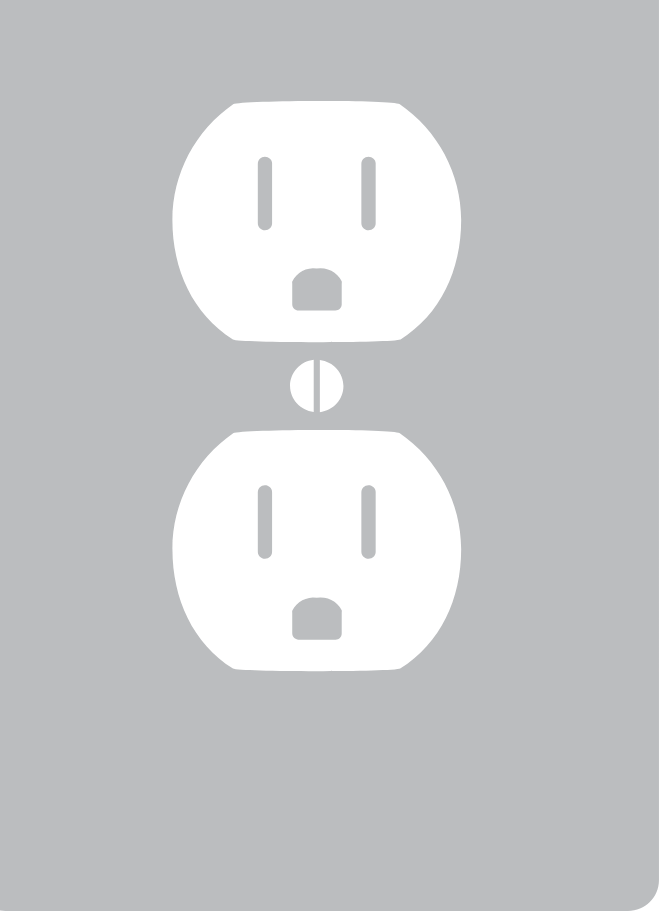
Circuits and outlets
- Always use the correct ampere rated fuses or circuit breakers. Incorrect amperage can cause power outages or fires. You may have an electrical wiring problem if you frequently replace fuses, reset circuit breakers, hear buzzing sounds or see sparks and/or flickering lights. Contact a licensed electrician to inspect for safety hazards and make necessary repairs.
- Use ground fault circuit interrupters (GFCIs) where there is greater potential of shock — kitchen, bathrooms, laundry rooms, porches and patios. These safety devices reduce the risk of electrocution and should be tested periodically.
- Outlet covers protect your children. Use them throughout your home.
- Be careful not to overload outlets with multiple plug-in adapters or power strips. Overloading can cause fires.
Power cords
- Remove cords from outlets by pulling the plug rather than the cord. Replace cords that are damaged. Avoid carrying items by their cord. Never remove the third prong from a cord. It connects with a ground wire to keep you safe.
- Use extension cords with caution. They are only for temporary use. Prolonged use can cause overheating and fire. If used, do not exceed the recommended load rating. Do not plug two extension cords together and do not place cords under rugs or carpet.
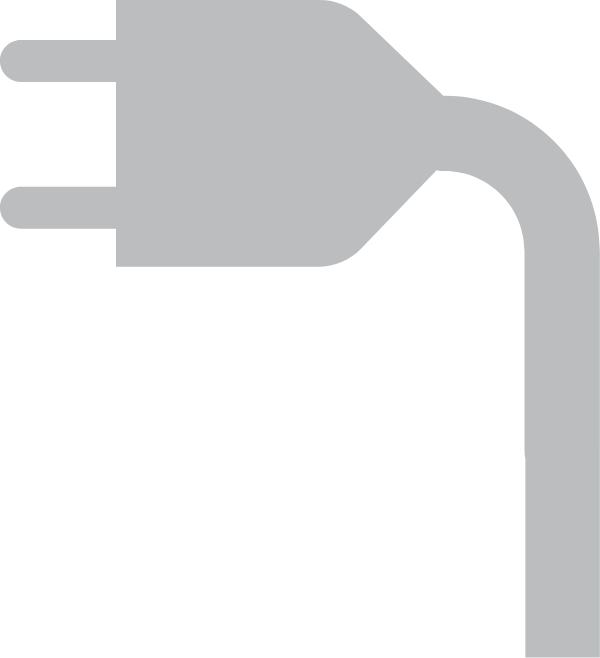
Electricity and water
Water is an excellent conductor of electricity, which makes the two a dangerous combination. Use hairdryers, telephones and other electrical devices away from sinks, tubs, spas and wet counters or floors. Do not pick up or unplug an appliance that has fallen into water. Instead, turn the power off at the breaker before unplugging. Use dry hands on appliances and light switches.
